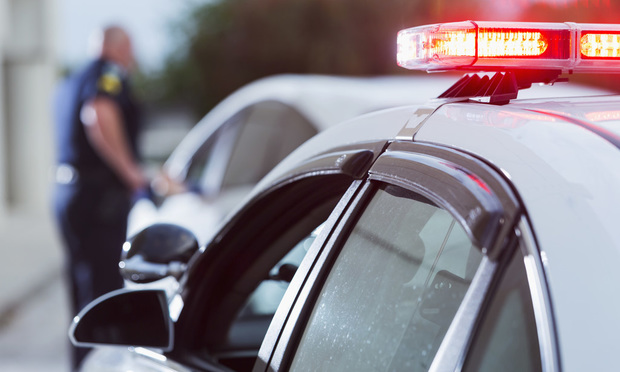DWI cases often begin with a driver being stopped at what is referred to as a DWI checkpoint. From the standpoint of defending drivers charged with Driving While Intoxicated, there are important Constitutional issues arising from a checkpoint stop that should be considered.
As a basic Constitutional principle, individuals acting on behalf of the State such as Police Officers and State Troopers, cannot stop motor vehicles unless they can justify the stop. Both the United States and New Jersey Constitutions require that the State demonstrate a reasonable and articulable suspicion that the law has been violated before an officer can intrude upon the driver’s right to travel without State interference. Simply stated, the State has to make some showing that a law has been violated before a car can be stopped. If not, the State will be prevented from having evidence acquired as a result of that stop considered by the court. In the case of a DWI prosecution, this could include evidence of the driver’s intoxication, which could be crucial to the State’s ability to prove the driver’s guilt.







